Dr. Manmohan Singh, Architect of India’s Economic Reform
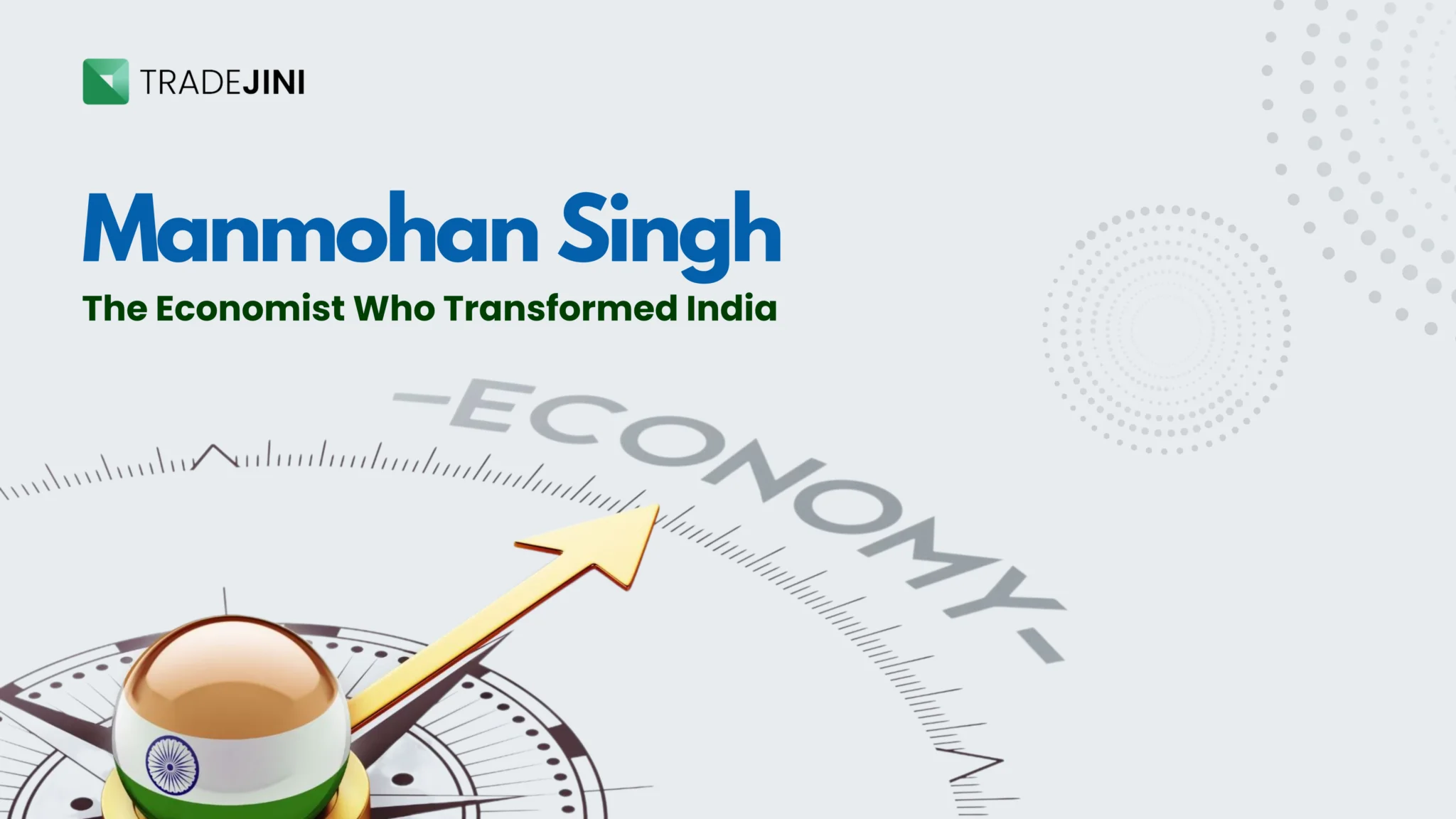
Manmohan Singh, one of India’s most influential leaders and a celebrated economist, leaves a legacy that reshaped the country’s economy and governance. Often referred to as the architect of India’s economic reforms, Singh was pivotal in guiding the nation through some of its most challenging periods.
The Architect of Liberalization
When Singh became Finance Minister in 1991, India faced a severe economic crisis. Foreign reserves had dwindled to less than $1 billion, barely enough to cover a few weeks of imports. It was under his leadership, alongside Prime Minister P.V. Narasimha Rao, that the government introduced sweeping reforms to liberalize the economy.
These reforms marked the end of the infamous Licence Raj, which had stifled business growth with excessive regulations. The rupee was devalued to boost exports, and foreign direct investment (FDI) was opened in 34 industries, allowing global companies to invest in India. Import tariffs were drastically reduced, and disinvestment in public sector enterprises began, signalling a shift toward market-driven policies.
While controversial at the time, these measures set the stage for India’s economic revival. By the mid-1990s, India’s foreign exchange reserves had grown to over $10 billion, a stark contrast to the dire situation just a few years earlier.
A Decade of Economic Growth
As Prime Minister from 2004 to 2014, Singh presided over one of India’s most strong economic periods. Under his leadership, India’s GDP growth peaked at 10.03% in 2010-11, a post-independence record. This era saw India emerge as a key player on the global economic stage.
One of Singh’s most notable achievements was the India-US Civil Nuclear Agreement, which strengthened India’s international partnerships and ensured access to civilian nuclear technology. His government also introduced transformative social policies, such as the National Rural Employment Guarantee Act (NREGA), which provided wage employment to millions of rural households, and the Right to Information Act, which empowered citizens with greater transparency.
Navigating Opposition
Singh’s reforms were not universally welcomed. Critics, including the Bombay Club, feared that liberalization would make Indian businesses vulnerable to foreign competition. Yet, Singh and Rao stood firm, confident that these changes were necessary for India’s growth. Their persistence paid off, as India’s economy grew steadily, and its financial markets became more attractive to global investors.
Singh also modernized India’s banking sector and made the rupee partially convertible, further integrating the Indian economy with global markets.
A Lifelong Commitment to Public Service
Manmohan Singh’s career spanned decades, during which he held numerous prestigious roles. Starting as an economic advisor in the Ministry of Commerce in 1971, he later became Chief Economic Advisor, Governor of the Reserve Bank of India, and Deputy Chairman of the Planning Commission. He was awarded the Padma Vibhushan in 1987 for his contributions to public service.
Even before becoming Prime Minister, Singh’s work had already earned him a place in India’s history books. His reforms as Finance Minister fundamentally changed the way India’s economy operated, paving the way for future policies like the Goods and Services Tax (GST), which drew on many of the frameworks laid during his tenure.
A Legacy That Inspires
Manmohan Singh’s life and work highlight the power of thoughtful, steady leadership. His reforms unlocked India’s potential, turning it into one of the world’s fastest-growing economies. Reflecting on his journey, Singh once said, ‘The process of development is a gradual unfolding of the potential of people.’
Indeed, his legacy is a testament to this belief. Singh’s vision and determination not only transformed India’s economy but also inspired confidence in what the nation could achieve. His contributions will continue to guide India’s path for generations to come.

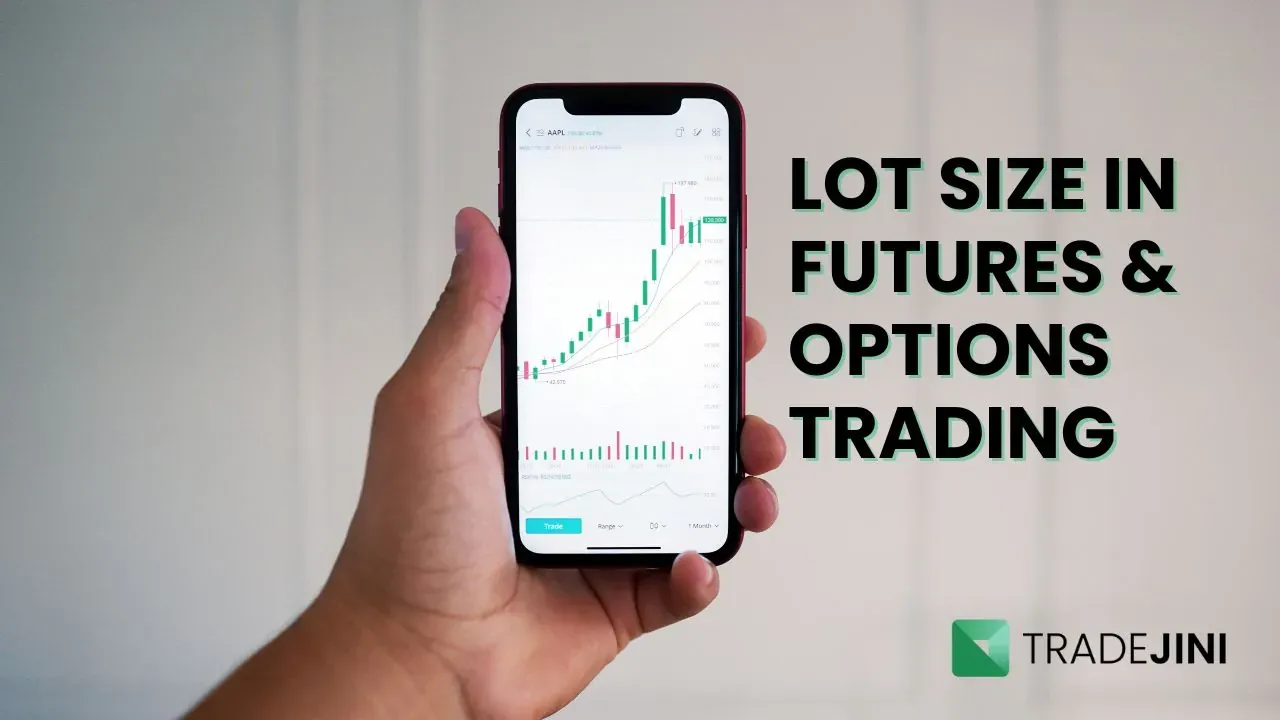


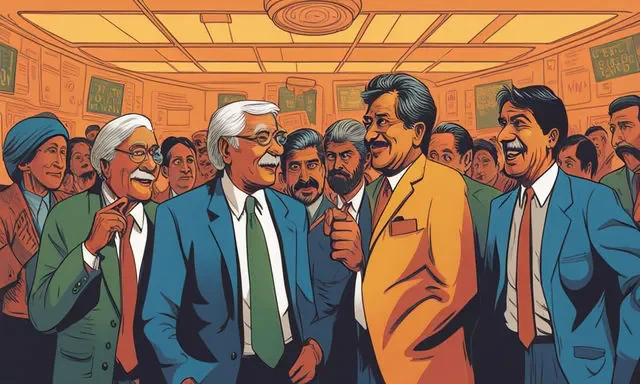

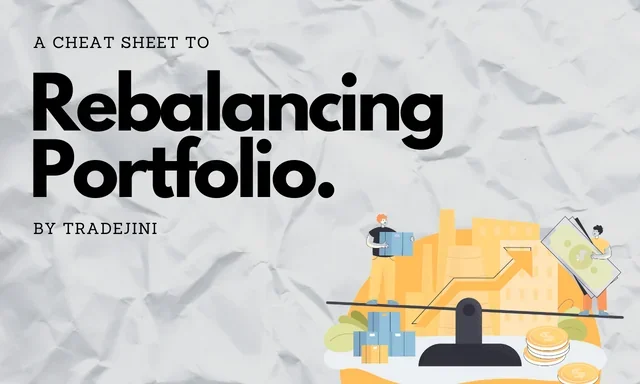

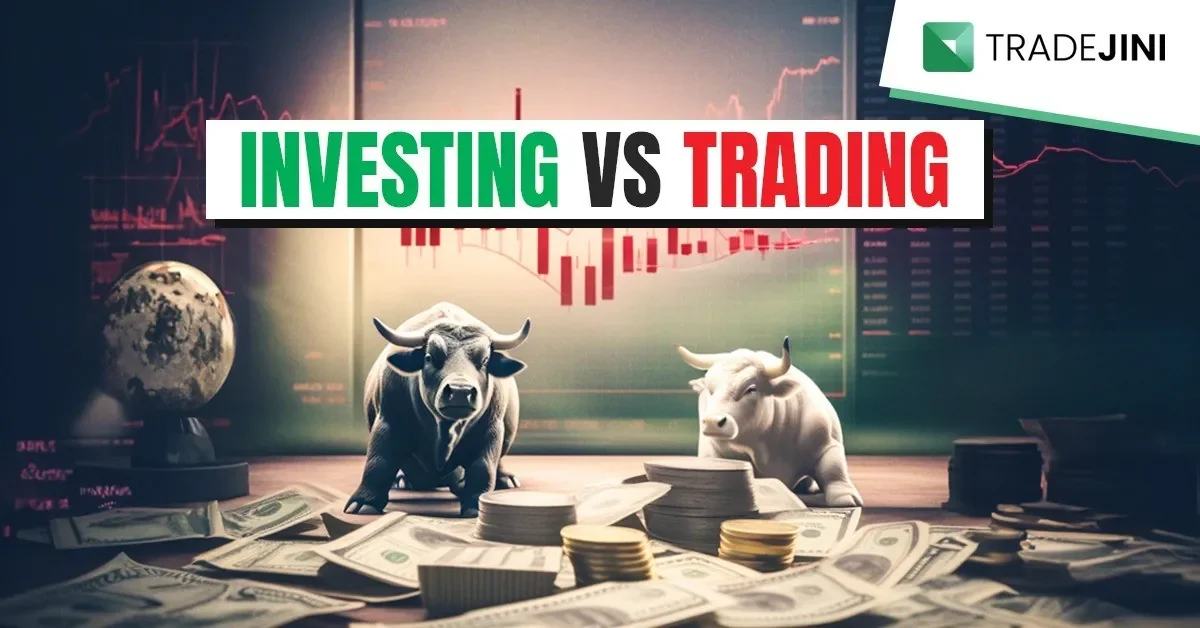

.webp?alt=media&token=b4495ba6-06ae-4cfa-8867-f836d378995c)
